Eye Rx Blog
Learn more about optometrist care in our blog!

If you spend hours each day staring at a computer, tablet, or phone and end up with a pounding head by mid-afternoon, you’re not imagining things. Digital eye strain- also known as computer vision syndrome (CVS) - is a common and often overlooked cause of headaches, eye discomfort, and fatigue. At Eye Rx, we see this issue affecting students, professionals, and anyone whose daily life revolves around screens.

Laser eye surgery can be life-changing, offering clearer vision and greater freedom from glasses or contact lenses. However, your results depend heavily on how well you care for your eyes during the healing process.

Clear, comfortable vision is something many people take for granted - until it starts to change. Vision problems often develop gradually, making early symptoms easy to overlook or ignore.
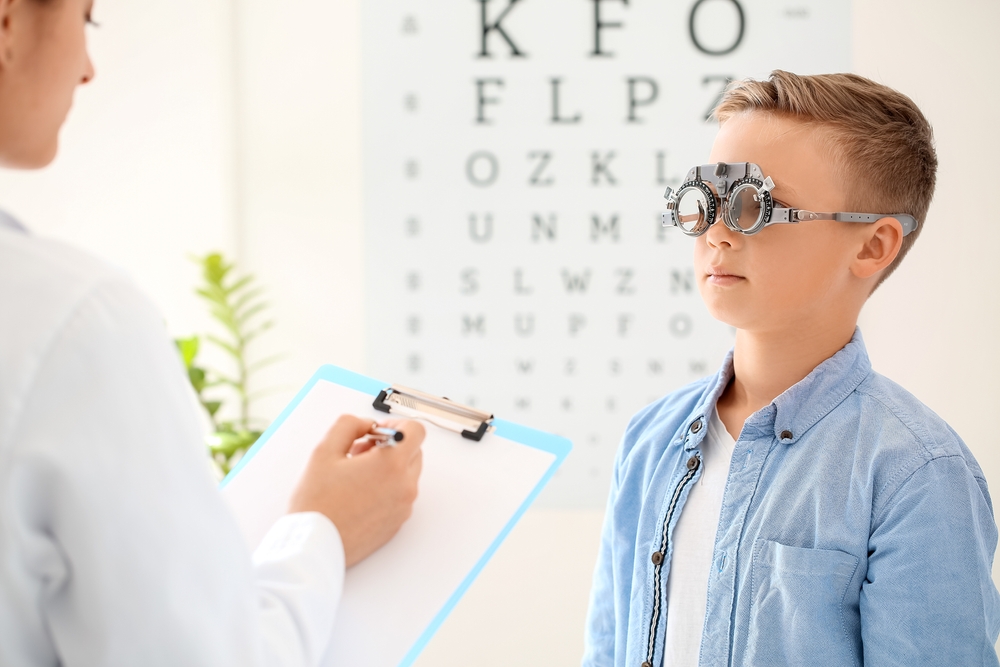
A child’s vision plays a critical role in their learning, development, and overall quality of life. From recognizing faces to reading in the classroom and playing sports, healthy vision supports nearly every aspect of childhood. Regular eye care from our eye doctors in Arlington, VA helps ensure vision problems are detected early - often before a child can even explain that something is wrong.
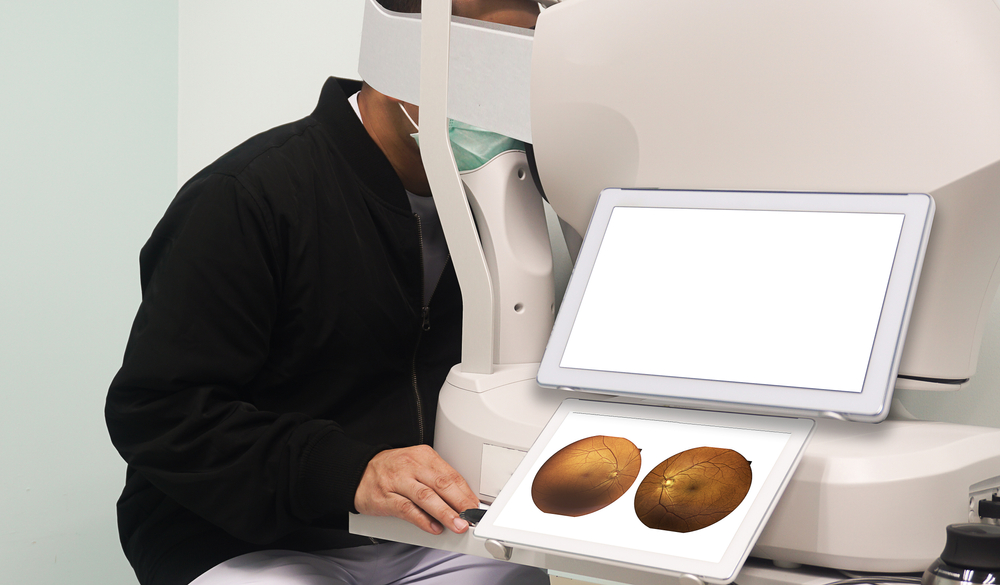
Diabetes affects many aspects of overall health, including vision. High blood sugar levels can damage the blood vessels and nerves in the eyes over time, increasing the risk of serious eye conditions and potential vision loss. The good news is that many diabetes-related eye problems can be detected early and managed effectively with regular eye care. Scheduling routine diabetic eye exams in Stone Ridge, VA is one of the most important steps you can take to protect your long-term vision.
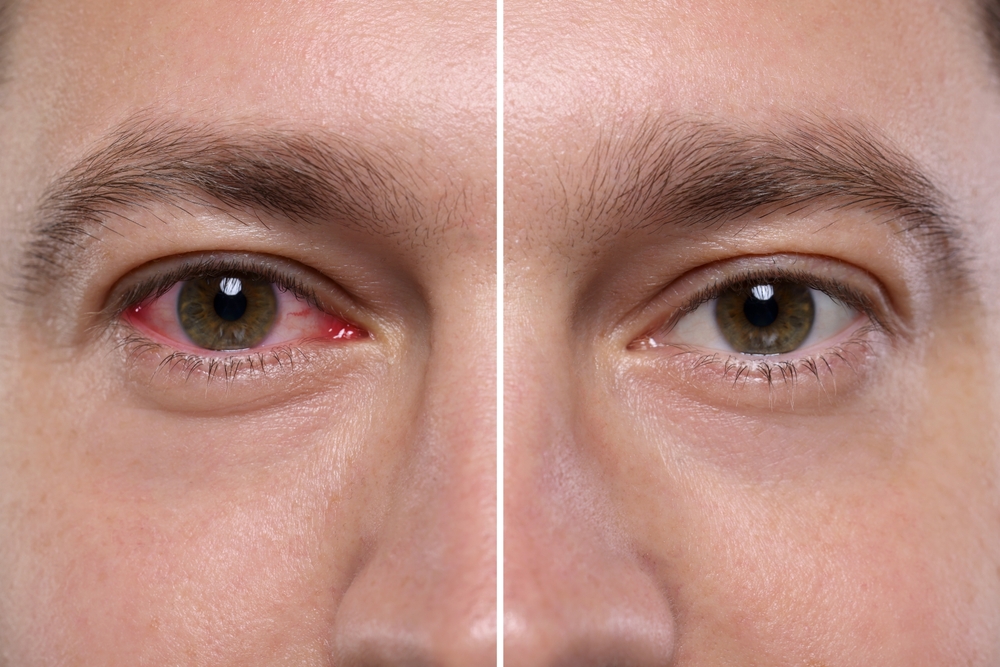
Your eyes don’t just help you see - they can also reveal what’s happening throughout your body. Because the eyes contain tiny blood vessels, delicate nerves, and transparent tissues that respond quickly to inflammation, circulation changes, and metabolic shifts, many systemic health conditions can leave early clues during a comprehensive eye exam.
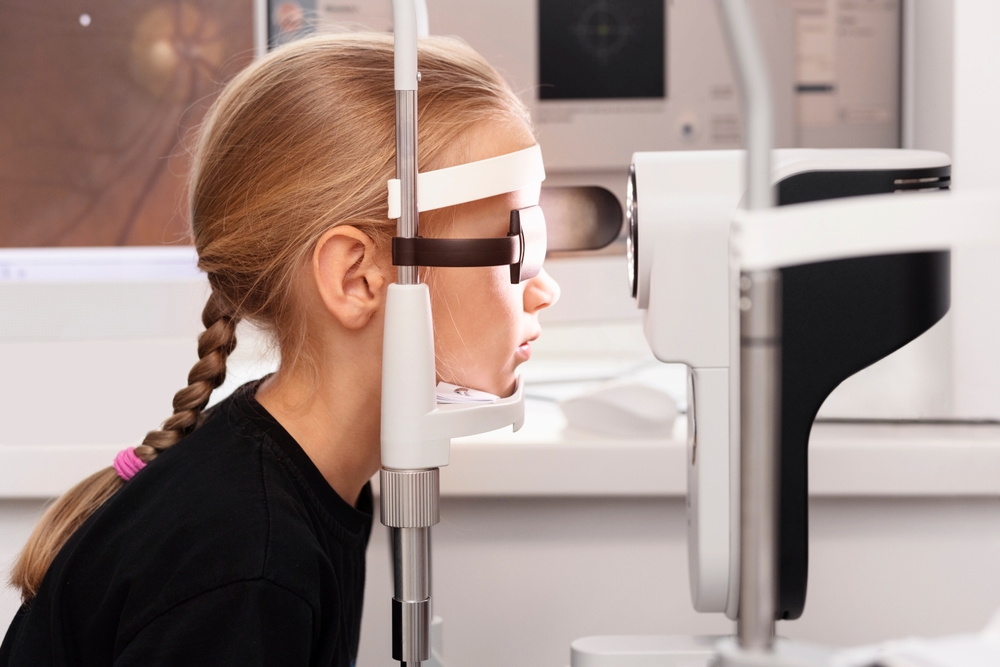
Clear vision plays a vital role in a child’s ability to learn, move confidently, and connect with the world around them. Yet many vision problems can go unnoticed in children because they may not realize anything is wrong. If you’re looking for an eye doctor in Washington, DC who truly understands children’s eye care needs, Eye Rx is here to help.

Myopia, more commonly known as nearsightedness, is becoming increasingly common among children. While it may start as a minor inconvenience, myopia can worsen over time if not properly treated. Early detection through pediatric eye exams in Dumfries, VA is essential for protecting your child’s long-term vision and eye health.
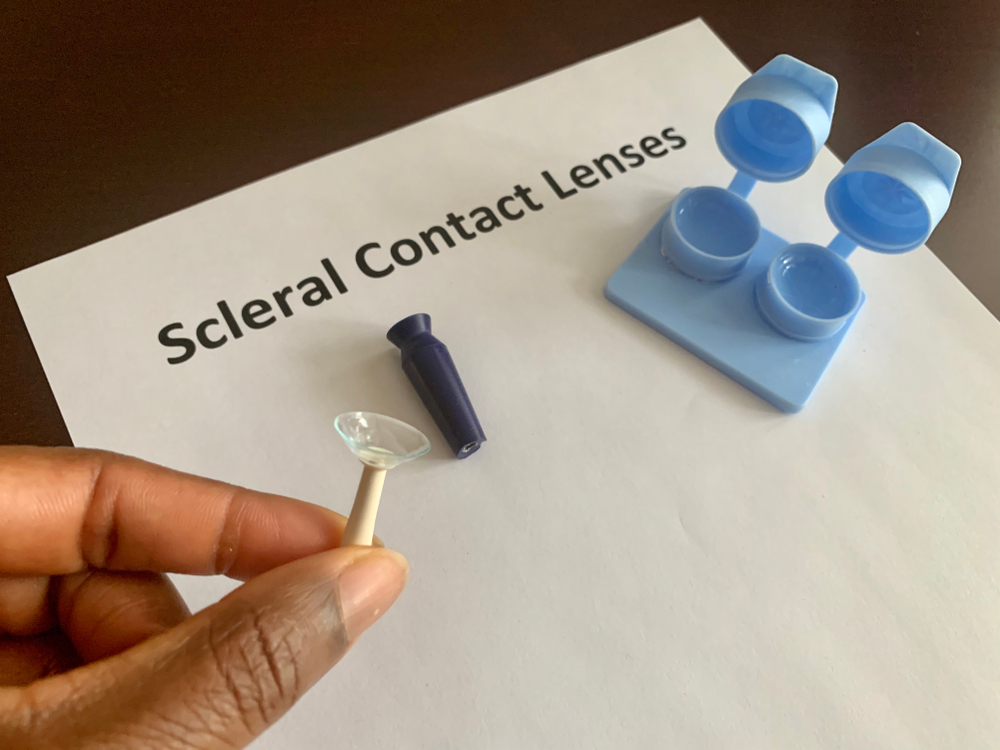
Dry eye disease can make everyday vision tasks feel uncomfortable and frustrating. From reading to working at a computer to simply spending time outdoors, persistent dryness and irritation can significantly affect your quality of life. For many people, traditional contact lenses only make these symptoms worse. Fortunately, scleral lenses offer a highly effective and comfortable alternative designed specifically for individuals with dry eye.

If you’ve recently been prescribed scleral lenses, you’re taking an important step toward clearer, more comfortable vision - especially if you’ve struggled with conditions like keratoconus, dry eyes, or irregular corneas.







